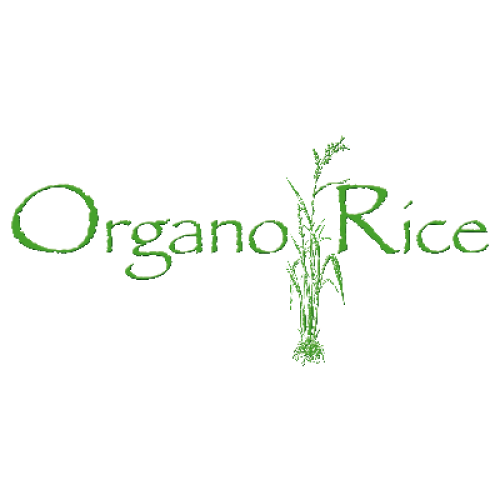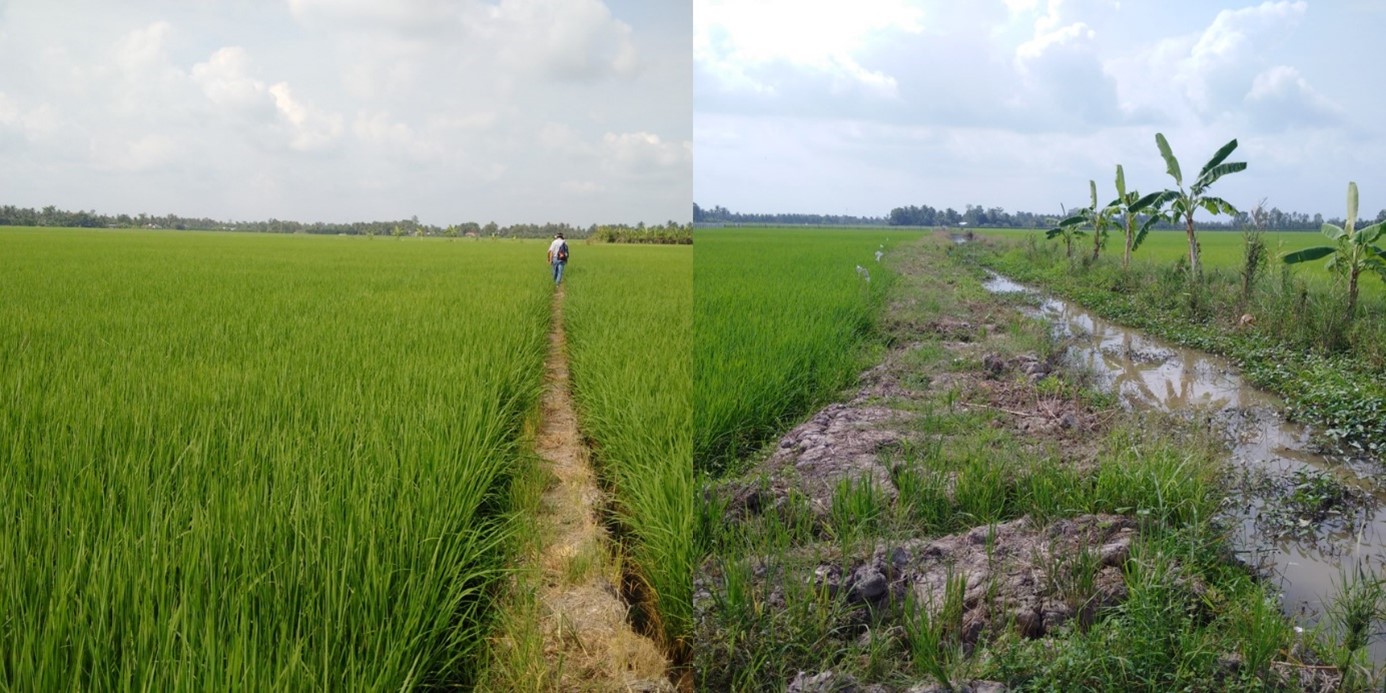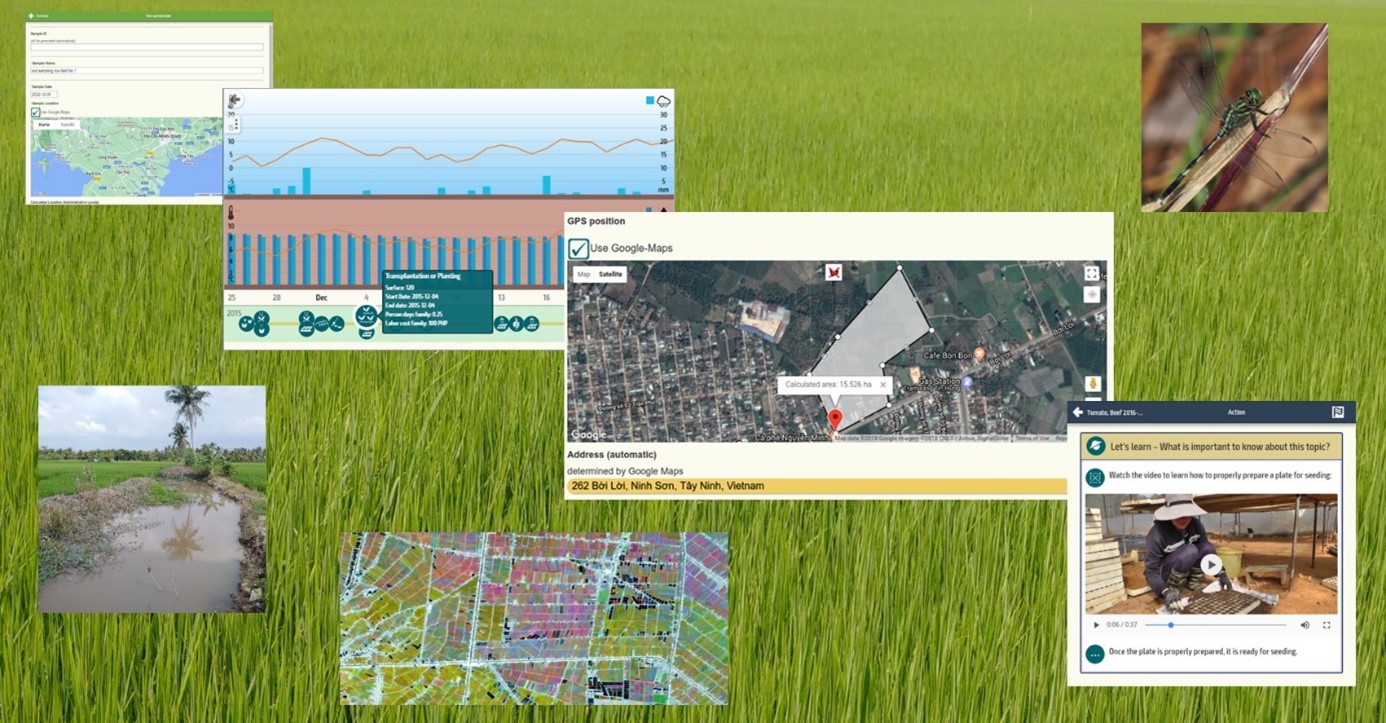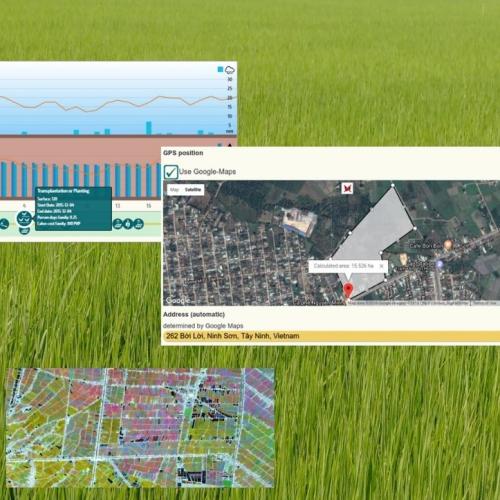

Zero hunger
No poverty
Coordinator: Forschungszentrum Jülich GmbH - Institut für Bio- und Geowissenschaften (IBG), Agrosphäre (IBG-3)
Contact Person: PD Dr. Lutz Weihermüller
Address: Wilhelm-Johnen-Straße, 52428 Jülich
Phone: +49 2461/61-8669
Email: l.weihermueller(at)fz-juelich.de
Project Partners in Germany:
- Rheinische Friedrich-Wilhelms-University Bonn - Agricultural Faculty- Institute of Crop Sciences and Resource Conservation (INRES) - General Soil Science and Soil Ecology
- United Nations University - Institute for Environment and Human Security (UNU-EHS)
- KIAG - Knowledge Intelligence Applications GmbH
Project Partners in Vietnam:
- Can Tho University (CTU), Ninh Kiều District, Cần Thơ
- Department of Cultivation and Plant Protection of Vinh Long Province (DCPP)
Organic rice production in the Mekong Delta
In Vietnam, conventional rice production is under considerable economic and environmental pressure. At the same time, national and global demand for organic products is on the rise. With this in mind, OrganoRice aims to support the implementation of organic agriculture through close cooperation between Vietnamese and German partners. Besides agricultural framework conditions, the project aims to render the entire value chain transparent and to analyse and optimise the value chain with a focus on integrating all relevant players.
Organic rice cultivation in harmony with nature
The overarching objective of the OrganoRice project is to support the expansion of organic rice cultivation in Vietnam, in particular within the pilot province of Vinh Long in the Mekong Delta, and to provide scientific support for the conversion from conventional to organic rice cultivation. Successful implementation requires the project team to examine scientific issues – such as the reduction of soil and water contamination through pesticides and heavy metals; the introduction of an optimal fertiliser; and organic plant protection – as well as relevant socio-economic aspects, such as an improved income situation for rice growers, the marketing of the products, etc. A particular challenge within the implementation process, and crucial to its success, is the sufficient consideration of cultural identity and the integration of the individual farmers into the social framework of the village community; the OrganoRice project team is therefore in direct contact with the rural population. In order to guarantee the sustainable success of the project, important local players (e.g. farmers, authorities, trading companies) and local scientific institutions (Can Tho University) are heavily involved in the project.

Digital solutions
In order to help local farmers and political institutions select suitable implementation regions beyond the designated project areas within the Vinh Long province, the project team will develop a spatially explicit opportunity map with recommendations for and detailed information on potential organic rice cultivation areas within the Vinh Long province, indicating areas that are suitable for organic rice cultivation. This map will be made available to the respective players – including regional administration – to enable them to further advance organic rice cultivation within the region. Furthermore, the project team will develop and implement an innovative, knowledge-based digital information platform to support the flow and visualisation of data for all parties involved – from farmers to commercial distributors to political decision-makers. Secondly, the project team is developing a traceability tool, called WeTrace, which will be tailored to the specific requirements of organic rice in the Mekong Delta with a view to establishing trust in the origin of the products, thus stabilising domestic demand for organic rice and increasing export opportunities. The data, digital information platform, and WeTrace tool will be available to the public and contribute to strengthening and expanding organic rice cultivation, even after the project's funding phase.

Transparency as the key to success
In addition to the involvement of academic institutions from Germany (Forschungszentrum Jülich, the University of Bonn, UNU Bonn) and Vietnam (Can Tho University), companies are contributing their years of experience in Vietnam to the project. One specific area of focus within the OrganoRice project is the recording and systematic analysis of data and information, which identifies and verifies each step of the process to guarantee the seamless traceability of organic rice production. In this context, KIAG plays a key role, due to its years of interdisciplinary expertise in the field of digital supply chain solutions for practical approaches for a global and sustainable economy. The transparency thus achieved will generate trust in every actor within the value chain, while at the same time minimising risk.
OrganoRice: First rice season under organic farming started in Vietnam

OrganoRice: Vietnamese students use app to record land and pesticide use in the Mekong Delta

OrganoRice: kick-off

